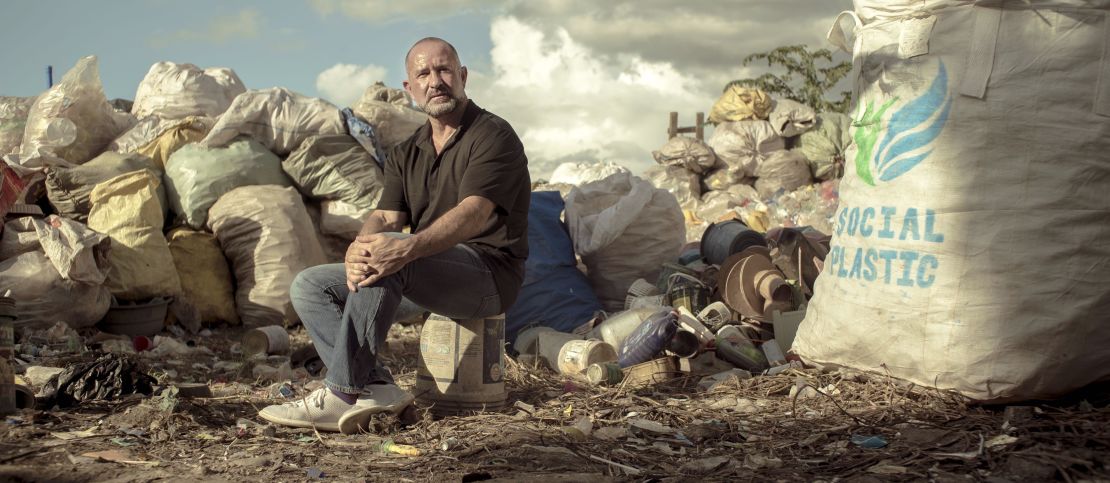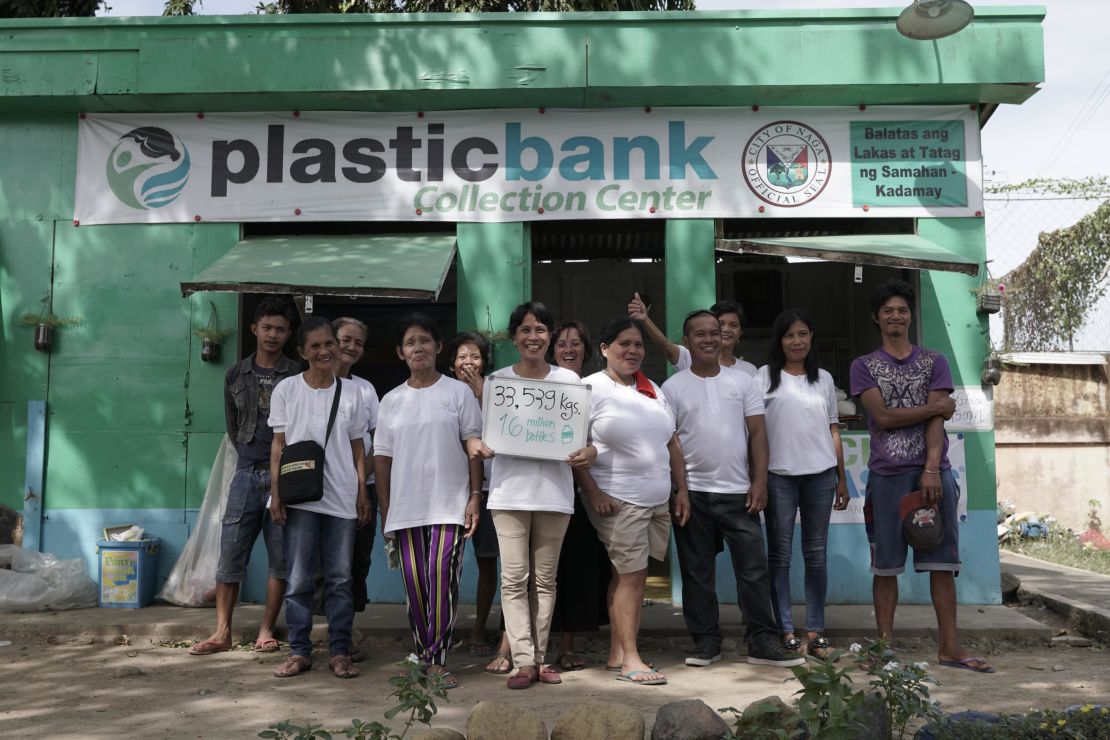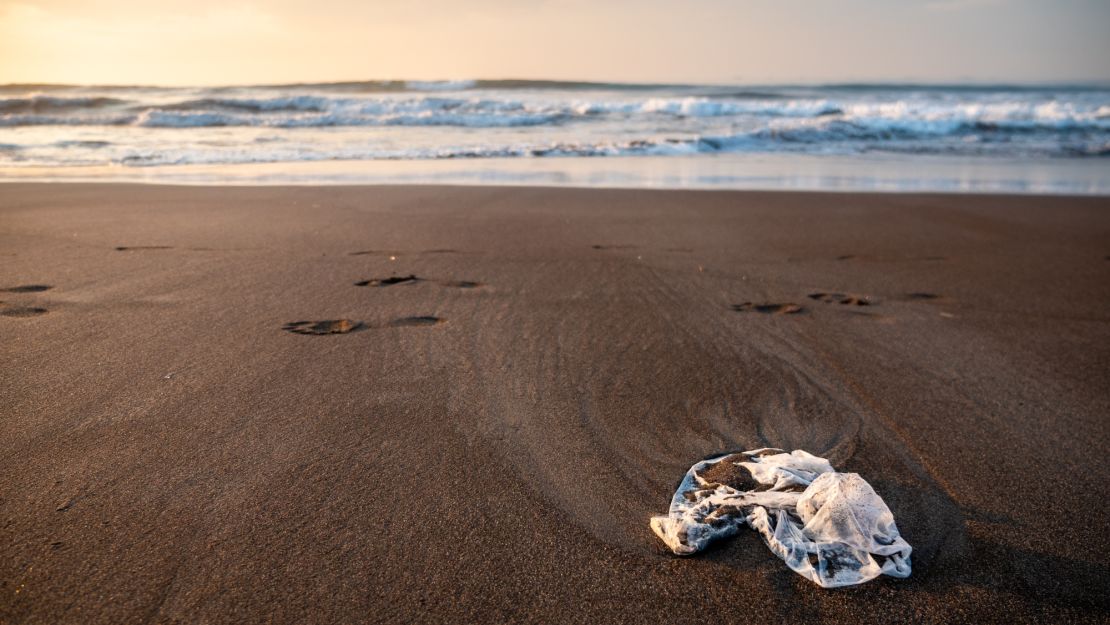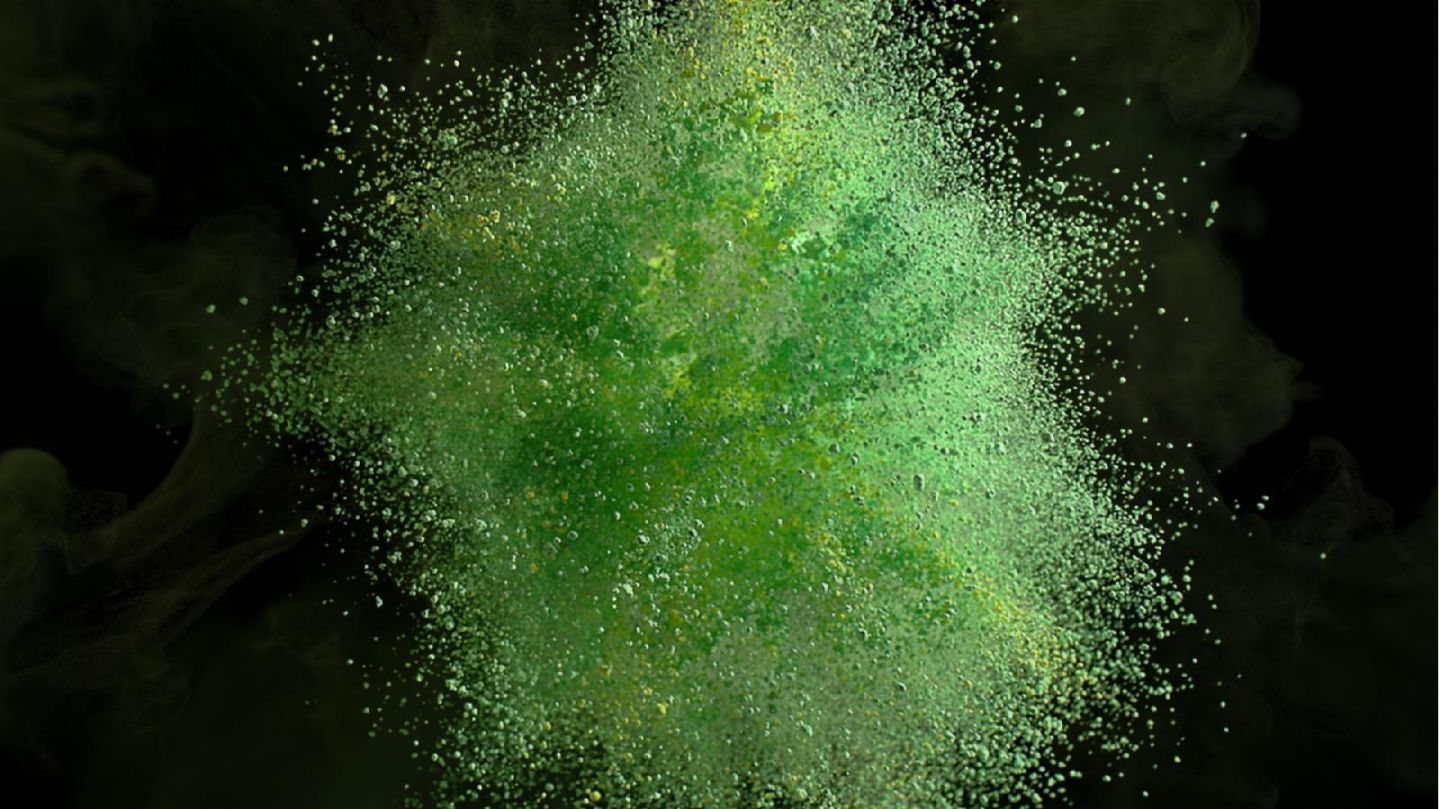We’re hooked on plastic, but too often we’re careless consumers. Waste plastic is entering our ecosystems and food chain with untold consequences; we’re still not sure what the long-term effects will be on our own bodies.
Cleaning up our polluted world may seem a noble, if thankless task. However, somepeople are seeing economic opportunity in the mission.
Plastic Bank, a social enterprise from Canada, says it is monetizing plastic recyclingwhile empowering those mostaffected by the waste. It works to prevent plastic waste from entering oceans by incentivizing people in developing countries to collect plastic from their communities in exchange for cash or good and services – be it food, clean water or school tuition for their children.
After collection, plastic is weighed, sorted, chipped, melted into pellets and sold on as “raw material feedstock” to be manufactured into everything from bottles for cleaning products to clothing.
“I saw an abundance; I saw an opportunity,” CEO David Katz told an audience at the Sustainable Brands Oceans conference in Porto, Portugal on November 14. “We inherently reveal the value in this material,” he added, describing the company as “plastic alchemists.”

Plastic Bank was founded in 2013 and launched on the ground operations in 2014 in Haiti, the poorest country in the Western Hemisphere, where close to 60% of the population lives under the poverty line. Katz described poor waste disposal and recycling infrastructure, plastic waste entering rivers or being burned – and the respiratory health threats the latter poses.
The company says it has over 2,000 collectors working in the country, withits full-time collectors on average 63% above the poverty line thanks to the income they make from the scheme. Through its app-based payment system, many collectors now have bank accounts for the first time, and are able to ultimately escape ultra-poverty, explained Katz.
Plastic Bank has subsequently expanded into the Philippines, Indonesia and recently Brazil, collaborating with household goods corporations S.C. Johnson and Henkel, helping to set up the stores where collectors trade in their plastic. Since it started, over 6.3 million kilograms of plastic have been successfully recycled – around 85% of the total mass collected, said Katz.
Operations in Egypt, Colombia and Vietnam will begin shortly. Egypt and Vietnam have particular strategic importance in the fight against ocean plastic; according to a 2017 study the Nile and the Mekong are two of the 10 river systems carrying an estimated 88-95% of total global plastic debris into the sea. The Nile alone deposits the equivalent of 15,000 plastic bottles into the Mediterranean every minute, says Katz.
With an abundance of plastic waste out in the world, he criticizes the continued creation of virgin plastic, made from raw petrochemical materials. “There’s already 9 trillion kilos on the planet,” he lamented, “why do we need more plastic?”

By sourcing plastic forremanufacturing, Katz’s circular model needs continual feeding. So what does he make of biodegradable alternatives in the long-term?
“If we remove all the economic value from (waste plastic), we’re doomed,” he argued. “If we add large streams of other biomaterials … and we eliminate the value of what’s already on the planet, and nobody goes to collect any of it, and no one wants to trade it, then what?
“(An increase in plastic alternatives) has to occur while not interrupting or degrading the value of the plastic that’s already on the planet.”

He believes it’s beyond time for corporations to step up – if nothing else, to secure their own futures. “What we need to do is get away from traditional capitalism where shareholders benefit first,” he said.
“Companies that stand forward to repair the damage will win,” he told the audience in Portugal. “The regeneration economy is emerging.”
As part of the conference, Plastic Bank and the event organizers have come together to offset attendees’ average annual plastic consumption: 84 kg per person, by collecting and recycling the equivalent. It’s a stark reminder of just how much we consume, and how far we have to go. But there are reasons to be positive, says Katz.
“Nothing we’re doing is against the laws of physics,” he told CNN. “All the technology exists. Everything exists for us to solve and heal the world… It’s only creative thought.”




